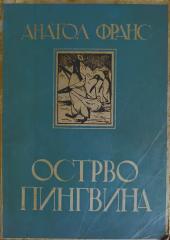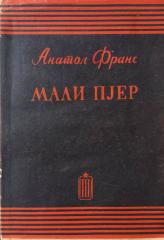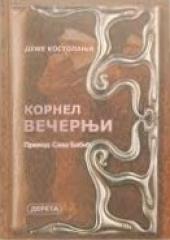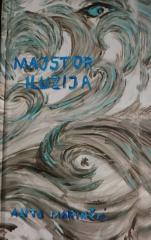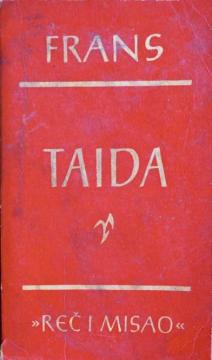
Taida: roman iz aleksandrijskih vremena
Der 1890 erschienene Roman Taida ist eines der bekanntesten Werke des französischen Nobelpreisträgers Anatole France. Das Werk ist von der Legende der Heiligen Taida aus Ägypten inspiriert, einer Kurtisane aus dem 4. Jahrhundert, die zum Christentum konve
Der Roman handelt von Paphnutius, einem asketischen Mönch, der in der ägyptischen Wüste lebt. Inspiriert von einer Vision beschließt er, Taida, eine berühmte Kurtisane aus Alexandria, aus ihrem sündigen Leben zu retten. Paphnutius reist nach Alexandria, wo er sich, als reicher junger Mann verkleidet, Taida nähert und es ihm gelingt, sie zum Christentum zu bekehren. Gemeinsam kehren sie in die Wüste zurück, wo Taida unter der Führung der Nonne Albina ein Leben als Büßerin in einem Kloster beginnt.
Paphnutius kämpft jedoch zunehmend mit seinen eigenen Gefühlen für Taida. Während sie aufrichtig nach spiritueller Reinigung strebt, steht er vor einem inneren Konflikt zwischen seinem Glauben und wachsender fleischlicher Begierde. Als Taida schließlich in einem Zustand spiritueller Ekstase stirbt, gesteht Paphnutius ihr seine Liebe und äußert Zweifel an ihrem Glauben, wodurch seine eigene spirituelle Krise zum Ausdruck kommt.
Taida ist ein philosophischer Roman, der sich mit Themen wie Spiritualität, Versuchung, Reue und inneren Konflikten befasst. France nutzt den historischen Kontext, um kritisch über Religion, Moral und die menschliche Natur nachzudenken, oft mit einem Hauch von Ironie und Skepsis. Das Werk diente auch als Inspiration für Jules Massenets Oper Thaïs aus dem Jahr 1894.
One copy is available
- Vergilbte Seiten
